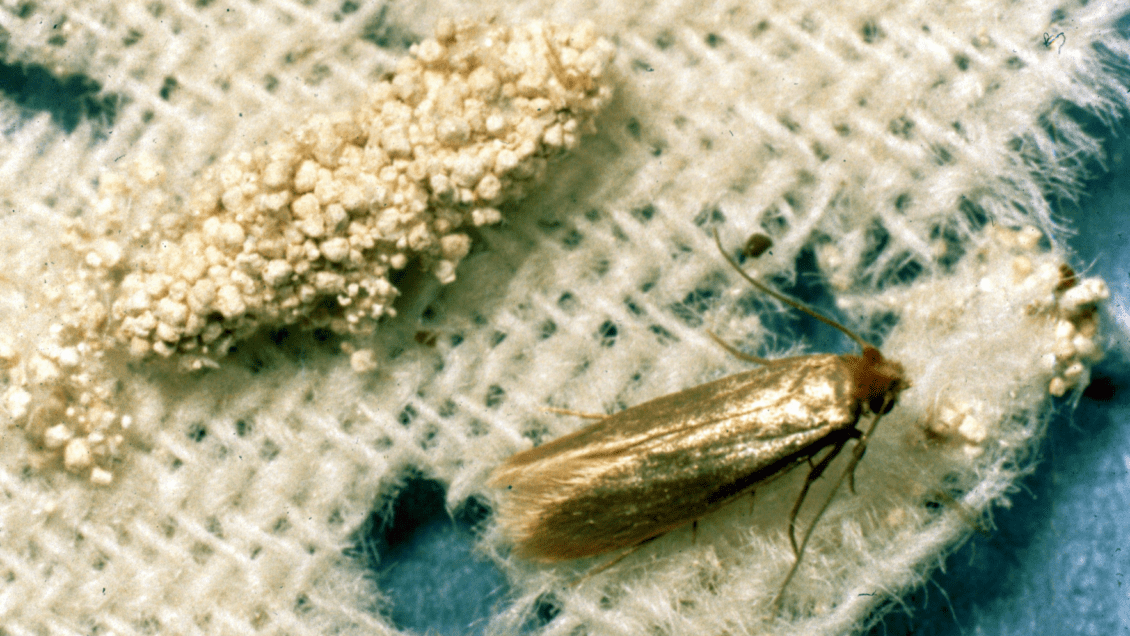The Clemson University Department of Pesticide Regulation (DPR) is urging homeowners to stop the outdoor use of mothballs to deter snake intrusion, after several complaints have been made to the agency from South Carolina homeowners.
Mothballs contain the active ingredient naphthalene, which is also contained in much lower amounts in a granular snake repellant commonly found at home stores and garden centers.
“There is a lot of information on the internet about using mothballs to repel snakes, but mothballs are a regulated pesticide. As with all regulated pesticides, mothballs must be used in accordance with the instructions on the label. Using them in a manner inconsistent with the labeling is illegal,” said Ryan Okey, assistant director of DPR.
Mothball labels typically direct users to place them in a tightly closed container that will prevent their fumes from accumulating in living spaces where people and pets can breathe them in for long periods of time. Inside airtight containers, the vapors released by the mothballs build up and kill the clothes moths.
One common mistake is using mothballs in containers that aren’t airtight, allowing the toxic vapors to escape into the surrounding air. This can lead to long-term exposure, which may cause severe health problems.
“We have had a lot of complaints about the odor from neighborhoods where mothballs are being used outdoors. Using mothballs in a manner inconsistent with the labeling can harm children, pets, and other animals,” said Okey.
Call the Department of Pesticide Regulation at (864) 646-2150 to report the outdoor use of mothballs or any suspected unlicensed pesticide applications, fraud, or pesticide misuse.
Get in touch and we will connect you with the author or another expert.
Or email us at news@clemson.edu

